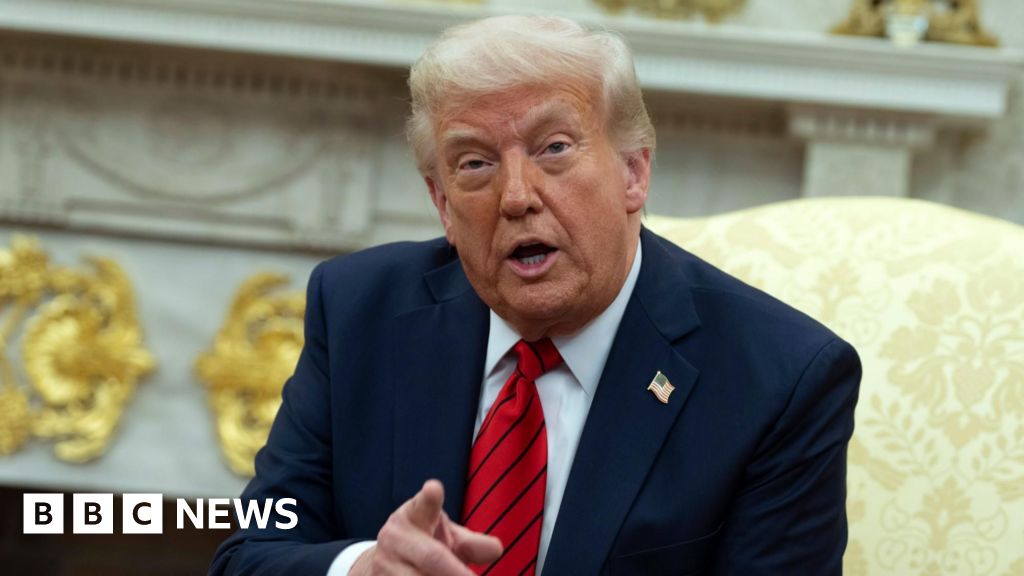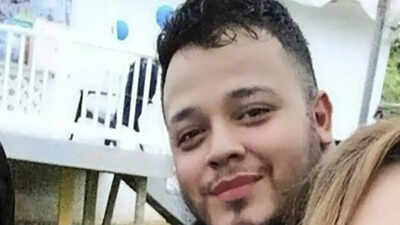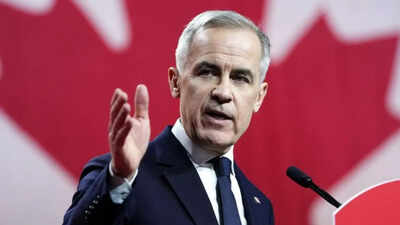Iran and US Hold Constructive Nuclear Negotiations in Rome

In an encouraging development amidst long-standing tensions, Iran and the United States have wrapped up a second round of indirect nuclear negotiations. These discussions, which took place in Rome, are seen as a pivotal step forward in the complex relationship between the two nations, particularly in the wake of the 2018 withdrawal of the U.S. from a landmark nuclear agreement. Iran's foreign ministry has indicated that senior negotiators are expected to convene again on April 26.
Abbas Araghchi, Iran's deputy foreign minister, and U.S. Middle East envoy Steve Witkoff engaged in four hours of discussions at the Omani embassy in the Italian capital. According to Araghchi, the talks were constructive and have helped both sides gain a better understanding of each other's principles and goals. The diplomat remarked, The negotiations were conducted in a constructive atmosphere and are progressing, as reported by the semiofficial Tasnim news agency.
While the Iranian side has been vocal about the constructive nature of the talks, there has yet to be an official statement from the U.S. delegation. The format of the discussions involved Araghchi and Witkoff remaining in separate rooms, with Omani Foreign Minister Badr al-Busaidi acting as an intermediary to shuttle messages between them. This indirect approach has been a common practice in negotiations between the two nations.
The Iranian Ministry of Foreign Affairs confirmed that further indirect technical-level discussions are scheduled for the upcoming days, leading up to another high-level meeting on April 26. Araghchi expressed cautious optimism regarding these upcoming sessions, stating, I hope that after next weeks technical sessions, well be in a better position. He also emphasized the need for balanced expectations: Theres no reason for excessive optimism or pessimism.
Al Jazeera reporter James Bays, who was present near the Omani diplomatic compound in Rome, highlighted that Iran's delegation came to the negotiations with a more positive outlook than initially expected. He reported that the planned talks next week indicate an acceleration in the pace of negotiations, a hopeful sign for observers of the ongoing diplomatic efforts.
These talks come on the heels of a previous meeting in Muscat, Oman, which marked the first high-level discussions since the U.S. unilaterally exited the nuclear deal in 2018. The tensions surrounding Iran's nuclear ambitions have been a longstanding concern for Western governments, which, including the U.S., have consistently accused Iran of pursuing nuclear weapons development. Iran has firmly denied these allegations, asserting that its nuclear program is exclusively aimed at peaceful civilian applications.
Adding to the urgency of the discussions, Rafael Grossi, head of the International Atomic Energy Agency (IAEA), stated on Wednesday that Iran is not far from possessing nuclear weapon capabilities. Grossi was in Rome on the same day as the negotiations, meeting with Italian Foreign Minister Antonio Tajani. Should a new agreement be reached, the IAEA would likely play a critical role in monitoring Iran's compliance, similar to its functions under the 2015 accord.
Diplomatic relations between the U.S. and Iran have been severed since the 1979 Islamic Revolution. However, recent developments indicate a potential thawing of relations. Following his inauguration in January, Trump reinstated strict sanctions against Tehran but also reached out in March with a letter to Iranian Supreme Leader Ali Khamenei, urging renewed negotiations while cautioning of military repercussions should diplomacy fail. Im not in a rush to use force, Trump remarked, while expressing his belief that Iran is eager to engage in dialogue.
Despite the cautious optimism, Araghchi expressed reservations regarding the U.S. approach, noting that while there was a degree of seriousness from Washington during the initial talks, the intentions and underlying motivations remain in question. Bays emphasized that the central issue of contention revolves around whether Iran will be permitted to retain a civilian nuclear program, or if, as insisted by hardliners in Washington, it must dismantle its nuclear capabilities entirely. He noted, All theyve been talking about last week in Muscat and here in Rome is a framework for the discussions and what they want to achieve. They have not been discussing the nuclear detail, and the devil is in the detail on these things.




























